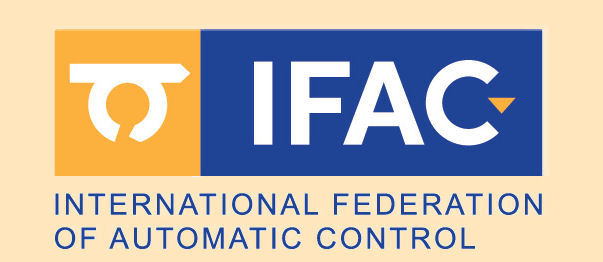| Paper TuBT4.1
Anselma, Pier Giuseppe (Politecnico di Torino), Luciani, Sara (Politecnico di Torino), Tonoli, Andrea (Politecnico di Torino)
Predictive Control Framework for Thermal Management of Automotive Fuel Cell Systems at High Ambient Temperatures
Scheduled for presentation during the Regular Session "Fuel Cell and Alternative Energy Vehicles" (TuBT4), Tuesday, August 30, 2022,
15:00−15:20, Pfahl Hall 140
10th IFAC International Symposium on Advances in Automotive Control, August 28-31, 2022, Columbus, Ohio, USA
This information is tentative and subject to change. Compiled on April 25, 2024
|


 This site is protected by copyright and trademark laws under US and International law.
This site is protected by copyright and trademark laws under US and International law.